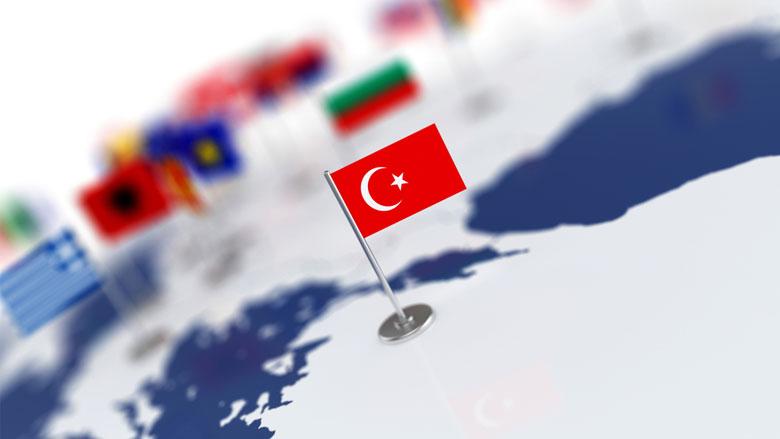Turkey’s economy expanded at a faster pace than most peers in the third quarter, but soaring inflation and a slump in the lira triggered by central bank interest-rate cuts pose a threat to incomes and longer-term growth.
Data show the $765 billion economy beat most Group of 20 nations to grow an annual 7.4%. Gross domestic product surged 21.7% annually in the second quarter from a contraction at the peak of the pandemic, the biggest increase since at least 1999.
Domestic demand strengthened “thanks to the faster vaccine rollout and economic reopening, which was evident in retail sales,” said Fatih Akcelik, an economist at Deutsche Bank, according to a Bloomberg report. Strong exports and better tourist revenues helped, he said.
Under pressure from President Recep Tayyip Erdogan, the central bank has slashed 4 percentage points off borrowing rates since September. Erdogan portrayed the rate cuts as central to a pivot toward an economy with greater investment and job creation. Yet the policy stance has come at the cost of lira depreciation and faster price gains.
Strong real GDP growth isn’t translating into higher living standards for many as inflationary pressures lead to declining purchasing power for some households.
The lira sank past 13 per dollar for the first time recently, capping the second-biggest plunge in 20 years after Erdogan defended his demands for lower borrowing costs. The weaker currency means GDP per capita in dollar terms has fallen, with inflation already hovering around 20%.
Limited free articles. Subscribe for full access.








 Dr. Bilal Philips
Dr. Bilal Philips